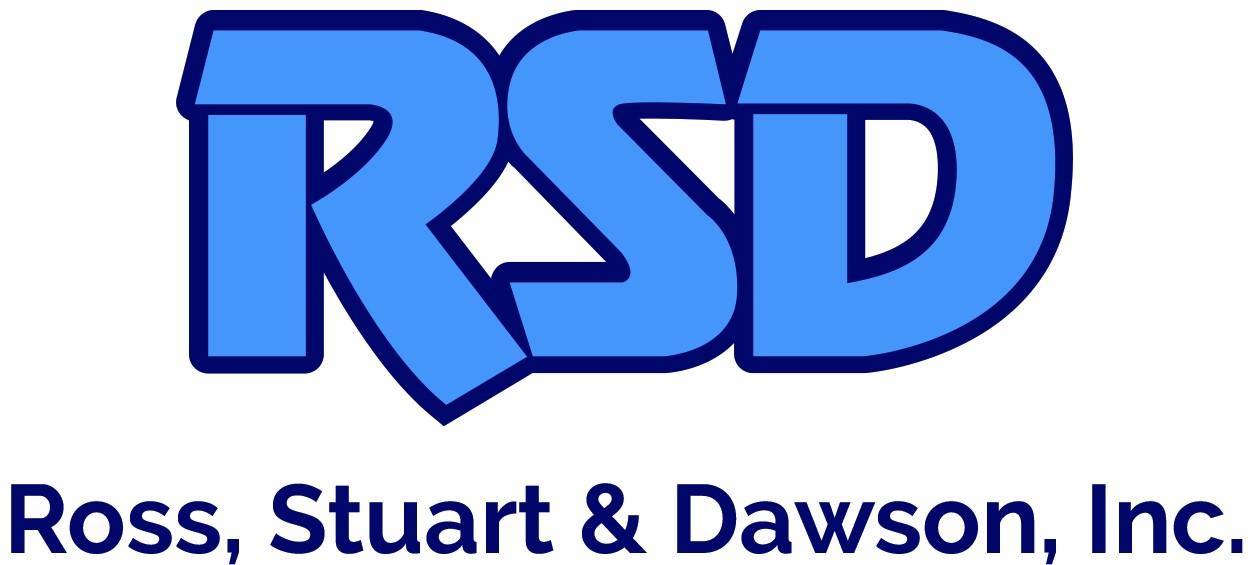In this blog, we’ll explain the processes used by commercial debt collection agencies in clear terms, so you don’t have to wonder or guess!
- Claim Assessment & Onboarding
- The collector reviews your documentation (sales agreement, invoices, delivery receipts, correspondence)
- They may assess legal jurisdiction, statute of limitations, and debtor solvency
- You formally place a claim with the collection agency, then the agency obtains your permission to act, often via a contract or engagement letter
- Demand and Negotiation Phase
- The agency sends a formal demand notice to the debtor, often a “final notice before action”
- They open lines of communication: calls, letters, emails
- They may negotiate payment terms or settlement offers
- Escalation & Legal Evaluation
- If demand fails, the agency evaluates whether litigation is feasible or cost-effective
- They may consult with attorneys to assess suit risk, jurisdiction, and strategy
- Legal Action (if necessary)
- If litigation is chosen, the agency or an attorney may file suit
- They may obtain a judgment, then proceed to collection tactics (e.g. liens, garnishments, bank levies)
- All action must comply with applicable laws and regulations
- Post-Judgment Enforcement & Recovery
- The agency enforces the judgment using available legal tools
- They may monitor debtor assets, coordinate with attorneys, or use court orders to collect
- Once funds are recovered, remittance is forwarded to the client
Looking for a Commercial Collection Agency? Look No Further!
You can count on the collection experts at RSD to follow through on all the steps of the collection process! If you'd like to talk about how we can help you and your business, feel free to contact us or submit a claim today.









.png)
.png)
No comments:
Post a Comment